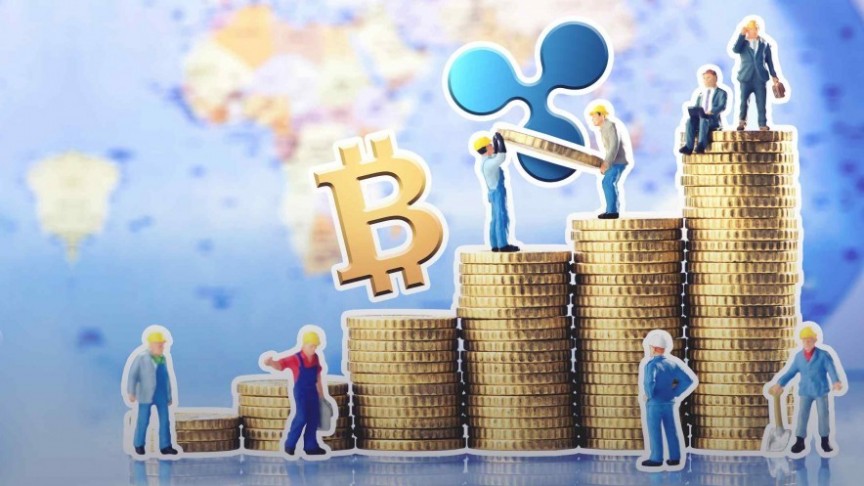For some reason yet unknown, there are still cravings for monopoly when it comes to payment methods and technologies. Moreover, this is not a story about a long-playing Visa vs., MasterCard rivalry, but the so-called bigger league of huge techno players.
Not surprisingly, Facebook aspirations when announcing the advent of its internal cryptocurrency is to take over sovereign currencies and become superior to Bitcoin. Hasn’t the heat from the hype caused by Facebook’s announcement yet cooled as SWIFT was quick to try and claim the number one throne by setting its agenda of taking over the world. In SWIFT’s interpretation, this means making cross-border payment as conventional and effortless as the payments within one country. Does this mean that SWIFT is going to embrace Blockchain technology to meet the objective set?
First, its often heard that crypto has little of genuine value to offer to such a reputable service provider as SWIFT. In its 12 chapter paper on the future of payments, SWIFT doesn’t have a single mentioning of cryptocurrencies and Blockchain. Conversely, its representatives emphasized in numerous instances that cryptocurrency is not a solution and that such self-contained ecosystems bring in more harm than good with fragmenting liquidity and decreasing interoperability.
Second, considering the political facet of the matter, cryptocurrencies are often used in the opposition for the authorized means of payment. Namely, Iran introduced the state-supported cryptocurrency to circumvent the SWIFT shutdown caused by the introduction of sanctions. Taking the recognition, it now enjoys among the major financial institutions it seems improbable that it is going to take up the means of evading legislation and authorities for what purposes cryptocurrency is often used. Despite these odds, it became known that in April 2019 SWIFT together with Ripple, IBM, Bitfury, and Consensys AG joined the new association INATBA (the International Association for Trusted Blockchain Applications) for promoting Blockchain technology in the European Union. Alternatively, SWIFT is not into a hurry to adopt crypto so long as its primary users — banks will adhere to the status quo in international transfers, which as for now plays into the hands of SWIFT.
Nevertheless, even significant financial entities now question the monopoly SWIFT enjoys in cross-border transfers. It became known that Japanese authorities intend to lead the initiative to create an international network of cryptocurrency payments, such as the interbank system SWIFT. This leads to the single question of whether cryptocurrencies are able at taking over the finances of the entire state, rather than a limited group of crypto enthusiasts?
To compete with the current players of the market, crypto has to solve several crucial issues. The technical capabilities of the existing blockchain operators and networks are still limited, that affects the speed of transaction, the current fragmentation, and interaction issues. With the limited number of sales, significant commission rates, high energy consumption cryptocurrency is losing the battle for scalability.
However, it seems that for cryptocurrencies losing a battle is not equal to losing a game, as the technology develops and new projects solving some of the nagging issues appear. The one that is now the closest to serving the remedy to the abovementioned maladies of crypto is #MetaHash. The project managed to reach the single 5 billion transactions per day, using forging as an answer to the hardware and resources obstacles. To top it all #MetaHash claims 3 second transaction approval time as compared to 10 minutes with Bitcoin that often seem to be endless.
Assuming such projects becoming mainstream and reach the critical mass of users, that will make it difficult for huge transnational monopolists to take them out of the competition for shaping the future of international payments.
As for now, it yet remains unclear whether the traditional payment providers of cryptocurrencies would have the upper hand in determining the future of finances. For one thing, such competition is beneficial for all of us as it helps to level up the standards throughout the whole industry as well as prevent the scenario of one company being in charge of the significant financial streams.
